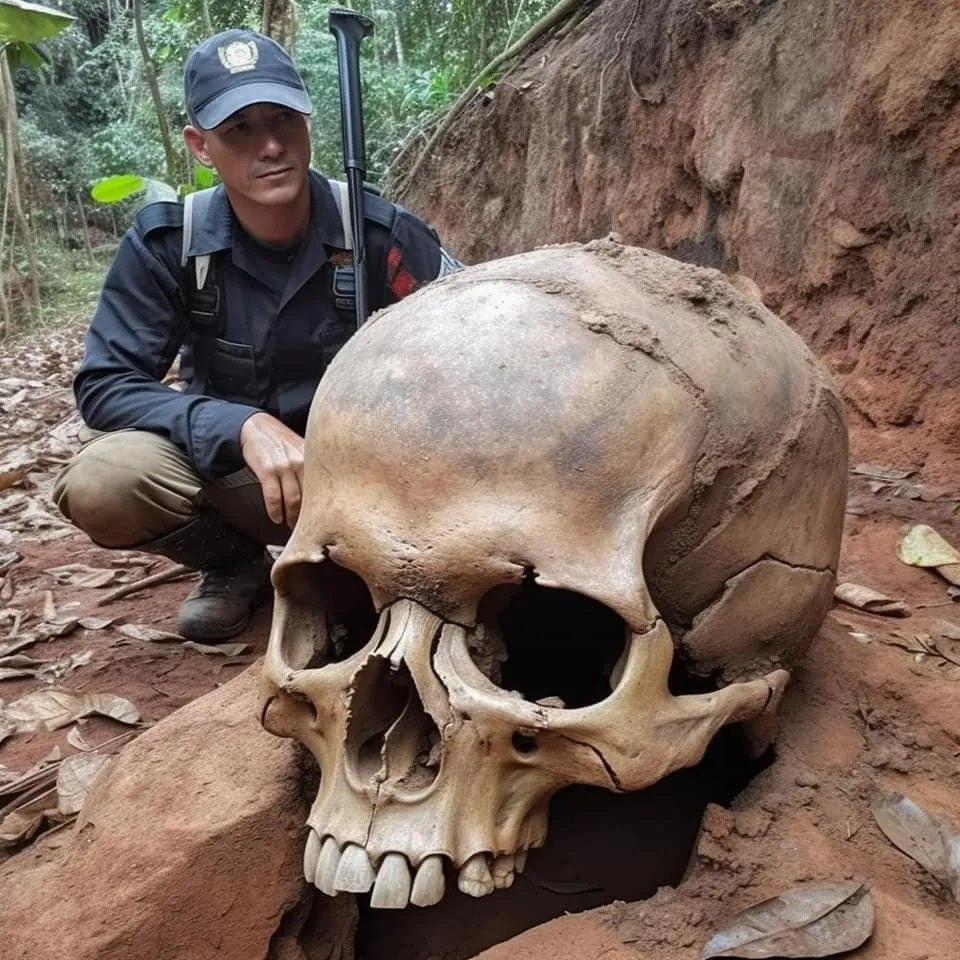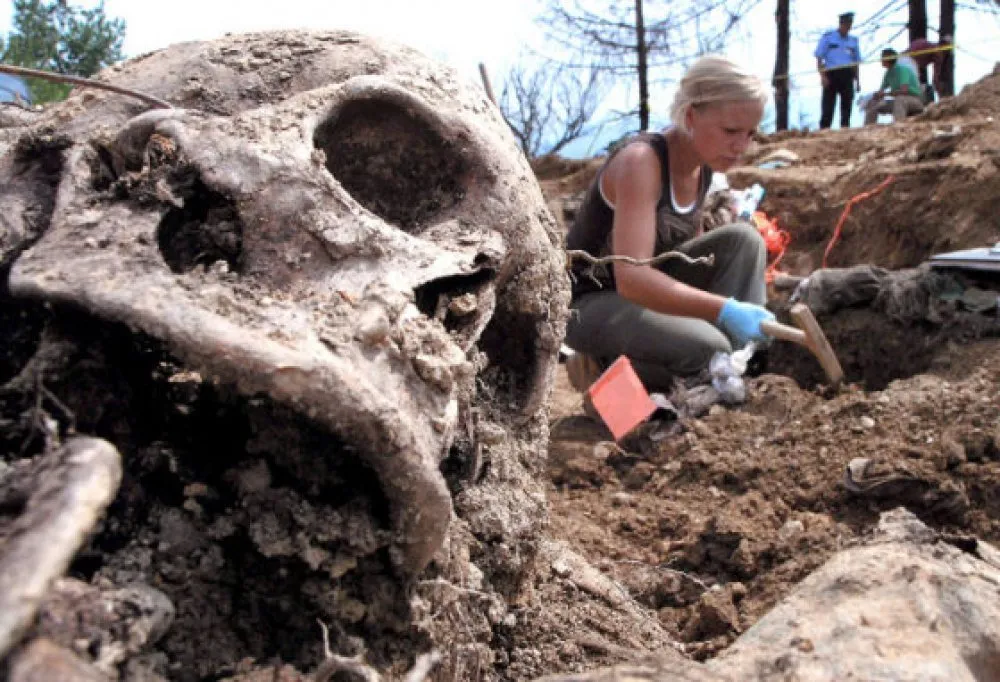In the depths of history, where the mysteries of our ancestors lie buried, scientists have uncovered practices that challenge modern sensibilities and understanding. Among these findings, certain ancient sexual practices stand out, not only for their uniqueness but also for the hesitance among researchers to fully disclose them. Here are four such practices that offer a glimpse into the complex and varied sexual norms of the past.

1. Sacred Sexuality in Temple Rituals
In many ancient civilizations, sexuality was not confined to the private sphere but was integral to religious and ritualistic practices. In ancient Mesopotamia and parts of what is now India, sexual rituals performed by temple priestesses were considered a form of worship, offering fertility and prosperity to the land and its people. These sacred encounters, often misunderstood or sensationalized, reveal a world where the divine and the carnal were intricately linked.

2. The Greek Practices of Pederasty
Ancient Greece is renowned for its contributions to philosophy, democracy, and the arts. Less widely publicized is the practice of pederasty, an institutionalized mentorship and intimate relationship between an adult male and a younger male. While some scholars argue that these relationships were platonic and educational, others suggest that they included sexual elements, reflecting the complexity of Greek social norms regarding sexuality and companionship.

3. Egyptian Royal Incest
To preserve the purity of their divine bloodline, Pharaohs of ancient Egypt often married within their own family, a practice that extended to siblings marrying each other. This form of royal incest, while shocking to contemporary standards, was a strategic move to maintain political power and the sanctity of the royal lineage. Modern genetic analysis of mummies has provided evidence of the health repercussions of such unions, yet the practice remained integral to the Egyptian conception of royalty and divinity.

4. The Secret Sexual Rites of the Dionysian Mysteries
The Dionysian Mysteries, celebrated in ancient Greece and Rome, were religious festivals shrouded in secrecy, dedicated to Dionysus, the god of wine, fertility, and ecstasy. Initiates participated in ceremonies that are believed to have included intoxication, ecstatic dancing, and possibly orgiastic practices as forms of worship. The exact nature of these rites remains partially obscured by time and the reluctance of initiates to reveal their experiences, sparking the imagination of historians and archaeologists alike.

These ancient practices, while often veiled in secrecy or controversy, offer a fascinating window into the diversity of human sexuality throughout history. They challenge modern perceptions, highlighting how sexuality has been woven into the fabric of societies in ways that are complex, sacred, and sometimes incomprehensible. As scientists continue to uncover and interpret these practices, they reveal the rich tapestry of human culture and its unending quest to understand the nature of desire, intimacy, and connection.



